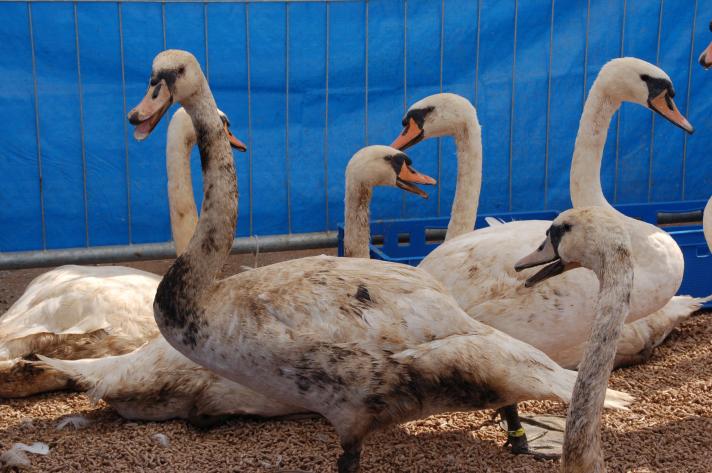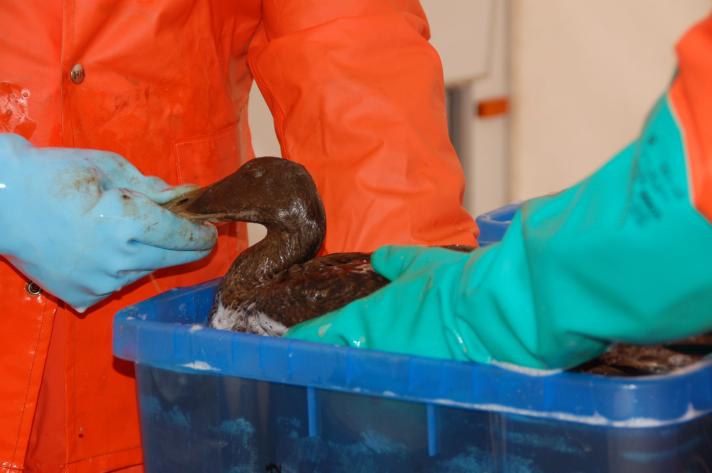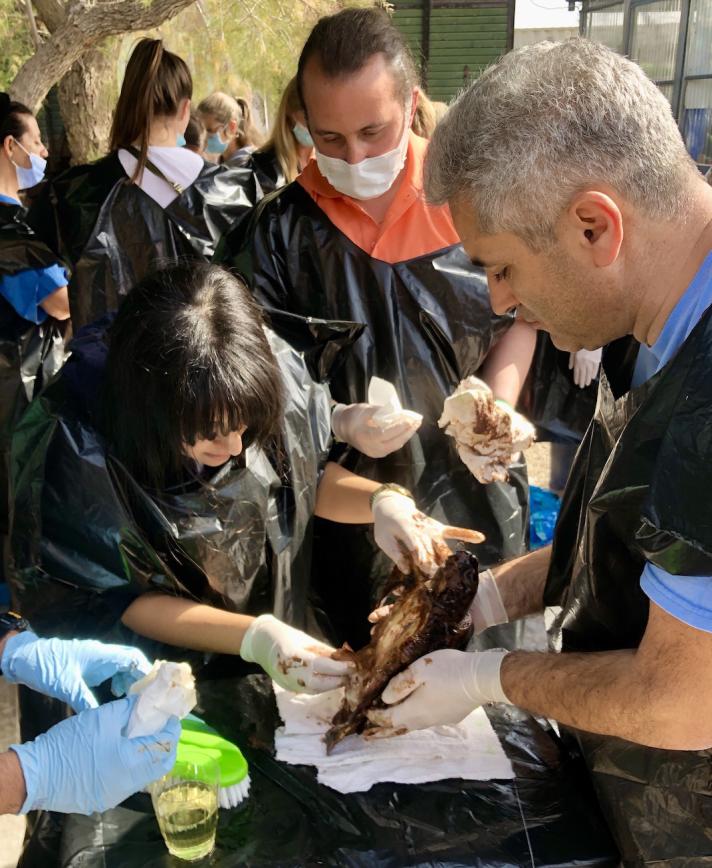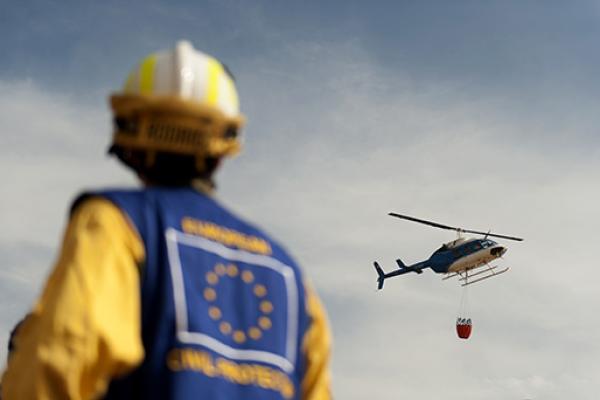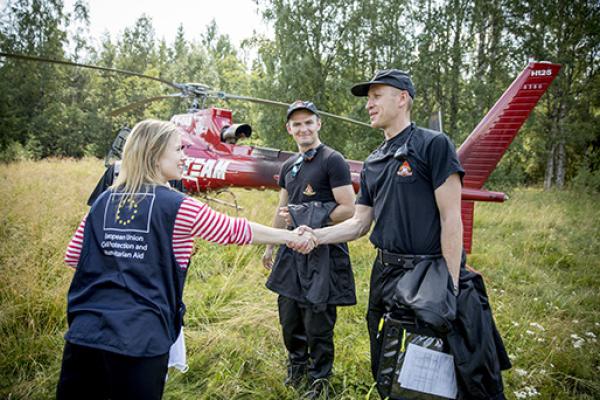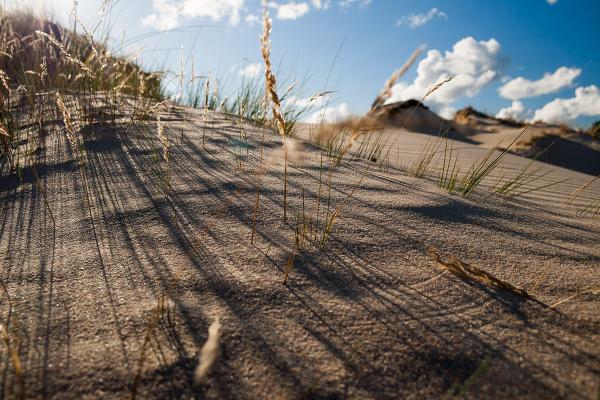Since its creation in 1970, Earth Day has served as a yearly reminder of the importance of a healthy planet, environmental conservation, and sustainability.
On Earth Day 2024, we look at how the EUROWA-2 (EURopean Oiled Wildlife Assistance) project has helped improve preparedness for oiled wildlife emergencies.
Protecting Wildlife Through Preparedness
While instances of wildlife being covered in oil, typically following a spill, are not common, they have a catastrophic effect on the local community and the ecosystem when they do occur. Oiled wildlife refers to animals that have come into contact with oil, which can lead to severe harm and even death for the affected animals.
Therefore, authorities can only effectively handle the numerous challenges that arise due to oil spills by being adequately prepared. Untrained individuals can also often gather in these areas, posing risks to their own safety and the well-being of the animals, despite their good intentions.
The European Wildlife pollution emergency Assistance-2 (EUROWA-2) (2021-2023) sought to enhance Europe’s capacity to address wildlife pollution emergencies.
The project concentrated on integrated pollution management, fostering mutual assistance among coastal nations, and establishing a European network of internationally certified European Oiled Wildlife Assistance (EUROWA) experts.
EUROWA-2 is a project co-financed by the European Union Civil Protection Mechanism.
Project in Focus: Protecting Sea Turtles
For instance, the project has contributed to the creation of a new sea turtle expert branch along with a new turtle protocol, as well as basic and advanced training courses for oiled sea turtle responders.
A training workshop on oiled sea turtle response took place in Glyfada, Greece, as part of the EUROWA-2 project. 16 sea turtle specialists from around the Mediterranean attended the 3-day workshop, which included both theory and practical sessions.
The Basic Responder course covered general oil spill response, search and collection of oiled sea turtles, and caring for them in a rescue centre, while the Advanced Responder course focused on setting up a rescue centre, dealing with oiled wastewater, and practising washing protocols.
Civil Protection and the Environment
In general, EUROWA-2 has contributed to strengthening Europe’s preparedness and capacity to address incidents involving wildlife affected by oil, in line with regional and EU strategies for managing marine pollution emergencies effectively. The project has featured in the ‘Successful Stories’ booklet.
The success of the EUROWA-2 project highlights the importance of ensuring preparedness for potential hazards. The project was funded under the Union Civil Protection Mechanism, a European framework to help strengthen European preparedness for disasters and boost the capacity to respond to crises in Europe. The project was active in Belgium, Finland, The Netherlands and Spain.
EUROWA-2 built upon the experiences from the first EUROWA project (2015–2016) which included the development of a mutual assistance philosophy and training modules. The consortium behind the EUROWA-2 was led by Sea Alarm with partners Submon, WWF Finland and the Royal Netherlands Institute for Sea Research (NIOZ).

